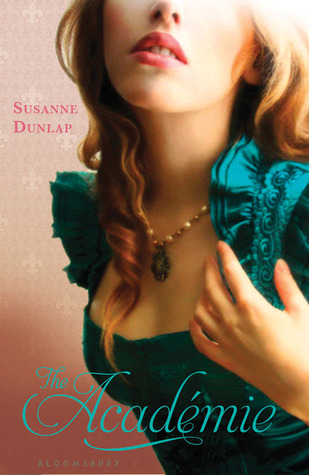What do you think?
Rate this book


368 pages, Hardcover
First published February 28, 2012

Eliza - daughter of future US President James Monroe
Hortense - stepdaughter of Napoleon
Caroline - sister of Napoleon
Madeline - mixed-race actress at a local theater, not a student at the school